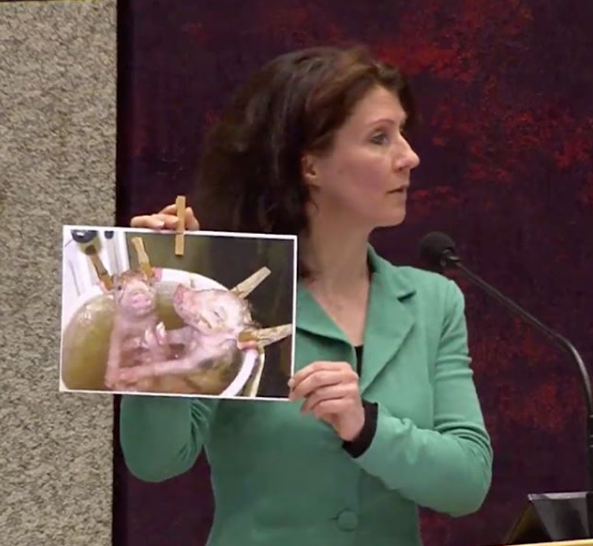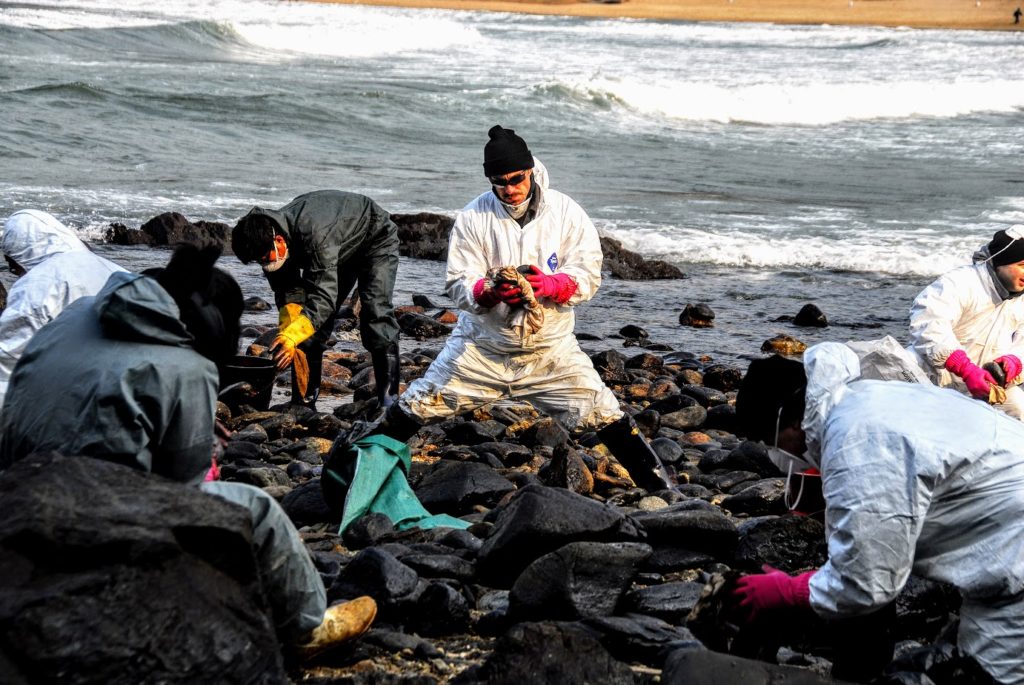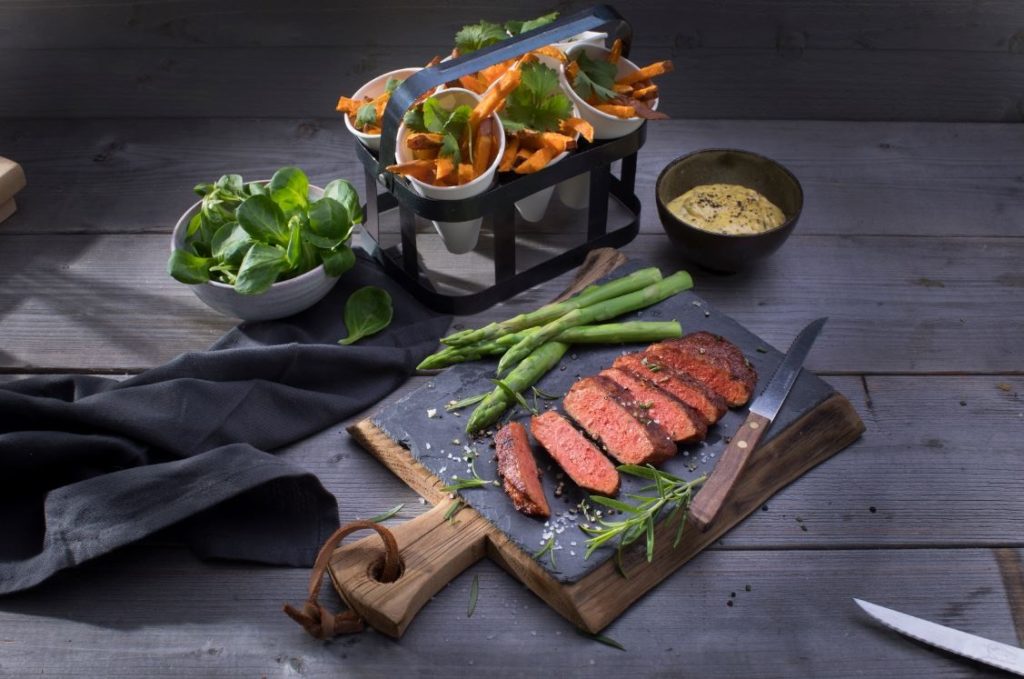Worldlog Marianne Thieme 22 May 2018
Last week all MPs had the week off due to Spring recess. However, immediately following the recess we raised some important issues in the Lower House, including the necessity to stop the growth of air transport, and to finally effectively address the animal abuse in pig farms in the Netherlands. It is heart-breaking how intelligent creatures like pigs are treated in a developed land such as the Netherlands: pigs in the industry have been bred radically on the largest possible number of piglets when a sow gives birth. As a result, almost 5 million piglets a year are born too weak and consequently die of hypothermia or diarrhoea. These piglets are often beaten to death against a wall or hung by the ears in a bucket of warm water to prevent hypothermia. The fact that such practices are seen by the industry as a solution clearly illustrates the moral bankruptcy of conventional livestock farming.

Party for the Animals MP Esther Ouwehand addressing pig abuse in the Lower House
Last week has also shown a paradigm shift which we have been advocating for years. Statistics Netherlands (CBS), a major Dutch scientific institution, published the so-called ‘Broad Prosperity Monitor’ last week. In order to measure prosperity, this monitor looks beyond the gross domestic product (GDP) and takes into account a number of other indicators such as the environment, public health, education, employment, safety, confidence and inequality. Until now, national prosperity was measured mainly in terms of GDP (economic growth) and changes in GDP were seen as the main factor on which policy was based. However, prosperity is more than just economic growth. Moreover, the monitor does not only look at the level of broad prosperity in the here and now, but it also takes into account the extent to which this striving for prosperity may put a pressure on future generations in the Netherlands or on other countries.
The results of this unique monitor are shocking: the Netherlands is officially the dirtiest country in Europe. Of all European countries our country has come last, mainly because of our vast livestock sector and large amounts of manure. In terms of money we are richer than ever before, but from an ecological perspective we have never been so poor. Our wealth, which is at the expense of future generations and other residents of our planet, is not wealth at all, but cheap robbery.

Clean-up after oil spill incident
The monitor’s approach is consistent with the planet-wide vision of the Party for the Animals and all its sister parties worldwide. The monitor reveals the consequences of our actions and shows that the current way of treating each other, our surroundings, animals and the environment is no longer acceptable. We only hope that the next edition of the monitor will consider the interests of all inhabitants of the planet, not just those of mankind.
Our European group also had some good news: the EU finally voted in favour of a, possibly partial, ban on neonicotinoids which are used as an agricultural toxin – a major step for bees and the entire world! Moreover, the European Parliament has called for a global ban on animal testing in the cosmetics sector. Already in 2004, the EU banned animal testing for cosmetic products, but nevertheless, cosmetics involving animal suffering are still being sold today.

A great alternative: the world’s first plant-based steak
Unfortunately, there are also some disturbing developments going on in Europe and beyond. The EU has finally become aware of the thing we warned them about from the beginning: the association agreement with Ukraine has flooded the EU market with Ukrainian broiler chickens. These chickens are kept in appalling conditions and the factory farms in which they are kept are often financed by the Netherlands. Furthermore, it has turned out that the EU finances campaigns that stimulate the low rabbit meat consumption. Unacceptable. We need to move on from this polluting system of human and animal suffering and work together in order to allow more sustainable and plant-based agriculture.
So, to end on a positive note: the Dutch company Vivera has launched the world’s first steak without animal-suffering! 100% plant-based and free of palm oil. Read more about it here.
Until next time,
Marianne